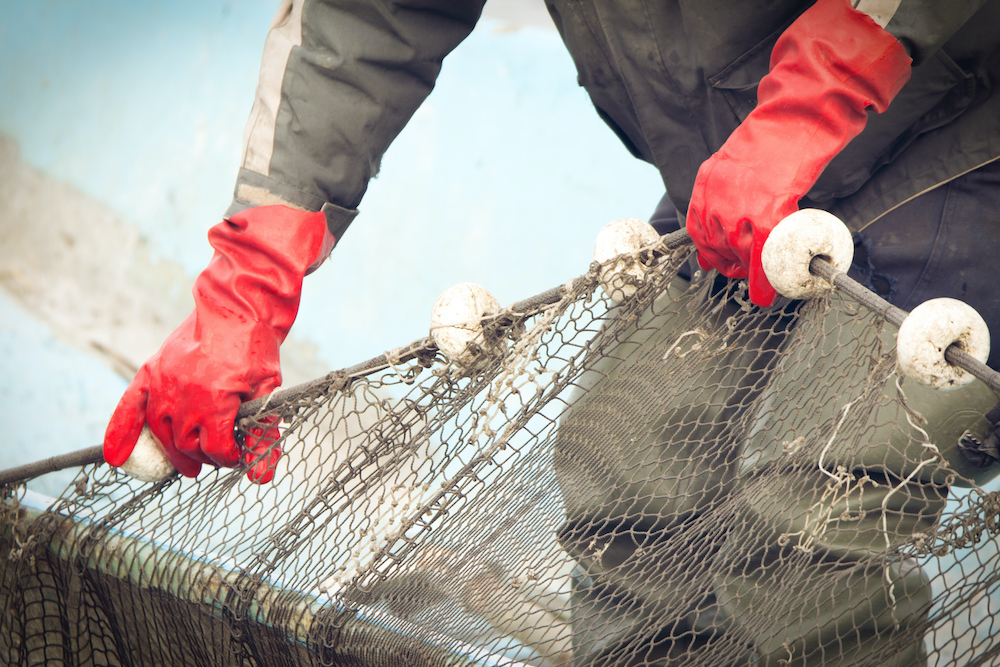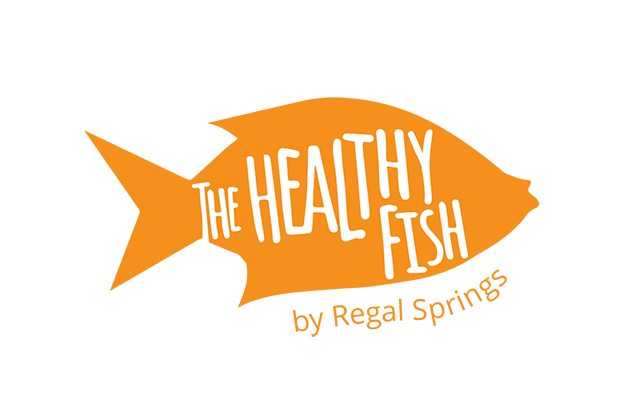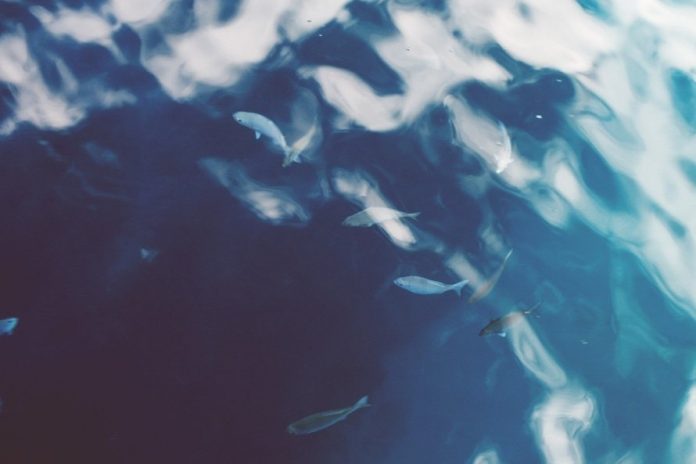Sometimes it feels like sustainable and unsustainable are just buzzwords companies throw around to attract attention or customers. What does being sustainable actually mean? If you buy a fish raised or caught with sustainable practices, does it actually make a difference? As it turns out, the impact of sustainable aquaculture and fisheries goes beyond the welfare of the fish—it makes a difference to consumers, too. Here’s what you need to know.
Sustainable Fish Don’t Jeopardize the Environment
If you buy seafood that has been raised sustainably, it means the fish was sourced in a way that didn’t cause any damage or have any impact on its surrounding marine environment. Unfortunately, there are a lot of ways the environment can be jeopardized through unsustainable fishing practices.
For example, marine plants are often harmed by bottom dredging, an unsustainable fishing method. And natural water sources such as rivers, lakes and oceans can be polluted by fish waste, antibiotics and uneaten feed from unsustainable fish farms.
Sustainable Fish Don’t Decrease the Fish Population

Sustainable fisheries and farms source their fish with practices that can maintain or increase the number of fish raised or sourced over the long term without depleting the global fish population. On the other hand, many fish that are raised or caught unsustainably are contributing to the world’s overfishing problem.
Currently, a large number of unsustainable fisheries are taking too many fish out of the water. If these unsustainable fisheries continue to operate as they do now, the supply of fish we eat could be depleted by 2048.
Sustainable Fish Don’t Hurt Other Species
Sustainable fish are caught or raised using methods that ensure that other types of seafood and marine life remain unaffected by the fishery or fish farm. However, unsustainable fish are often fished or raised using methods that hurt or kill other marine life. Many unsustainable fish farms dispose of waste water, antibiotics or uneaten fish feed in lakes, rivers or oceans. This can cause illness or even death to surrounding marine life.
Even unsustainable wild fisheries can cause a lot of damage. Fishing methods such as nets or bottom dredgers can hurt marine life or even kill them if they are caught by accident along with the seafood, an incident known as bycatch.
Sustainable Fish Tend to be Healthier For You

Not only does buying sustainable seafood benefit the environment, but it benefits you as well! A recent study found that unsustainably harvested seafood tends to pose more health risks to consumers than sustainably sourced fish. Unsustainable fish are more likely to have high mercury levels and lower omega-3 levels than sustainably sourced fish. Human health and ecological health go hand in hand.
Next time you’re grocery shopping for fish, make sure you’re buying seafood that is sustainable. You can keep your eyes open for labels that certify sustainability, or you can ask your local fishmonger about their sustainable seafood options. The only thing better than a delicious fish dinner is a fish dinner you can feel good about.
Photo Credits: Josefa Holland-Merten / Unsplash, ZoranOrcik / Shutterstock Inc., Halfpoint / Shutterstock Inc.






